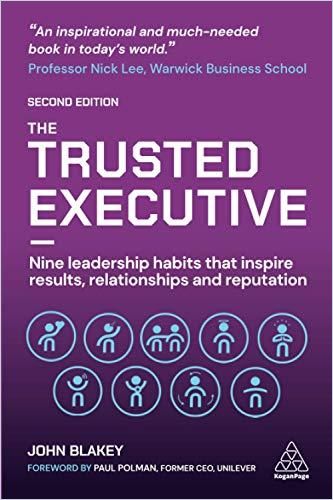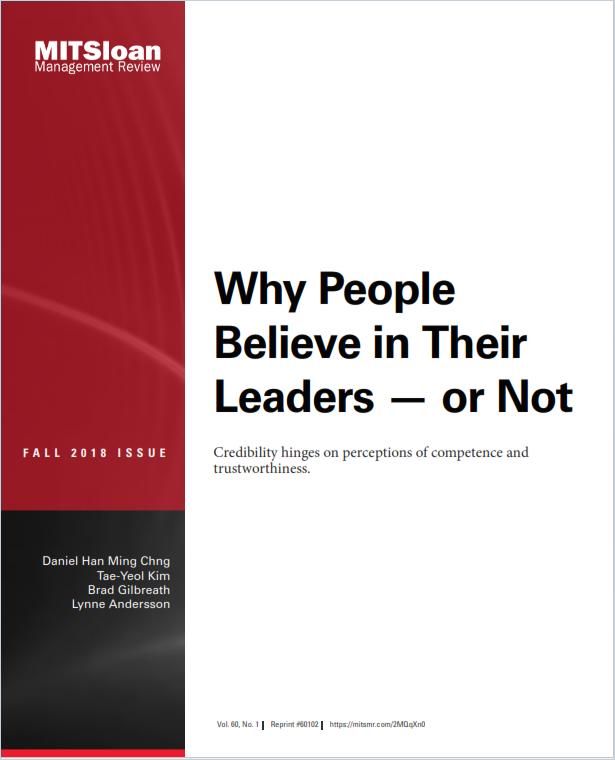3. Trust Means Delegation

As I wrote in my opening text, no one can know or master everything all at once. Anyone who pretends to be infallible as a boss risks finding themselves – like dictators – in an echo chamber that only makes failure exponentially worse.
I have, therefore, given myself three rules for my work as a person and CEO:
- Surround yourself with people who can do something better than you! This applies to business, from recruiting to the composition of the board of directors – and to private life. However: This is not about roosters. I have always learned more from introverted managers than from extroverted ones.
- Listen to them carefully! I only made the first three million in sales at getAbstract because I kept quiet and took notes when customers and potential customers told me what moved them. What applies to employees also applies to the family: Only those who listen can learn something.
- Be generous with your attention and time! Your son’s unit topic doesn’t interest you? That is bad for you, because you can learn along with him, put yourself into his shoes and a new perspective – and at the same time strengthen the connection with him if you demonstrate interest. Think again about Meier from the finance department (in my last column) and his ideas: Sure, he gets on your nerves sometimes. But he also has excellent flashes of inspiration time and again. He should have them at the company, not at the competition.
If you take these three rules to heart, you’ll be ready to hand over work.
Of course, I’m not talking about ‘tasks’ or the ubiquitous ‘bullshit jobs’ here – managers should hand those off anyway.
Instead, I’m talking about strategy work and the execution of decisions based on it.

See to it that the essential departments in your organization are run by people who have earned your trust. As far as this staffing is concerned, I have learned that it is not always trained managers who do the best work here, but those who are simply good at what they do, have a high level of social competence and the proper sense of corporate culture. You can test whether this is the case by handing over individual tasks first, then decreasing control with each success.
It’s like teaching a child to walk across the street: First, prepare the basics – look left and right, listen, look again – and be strict about it. Then, you observe, noticing progress. At some point, the person crosses the street alone without getting run over – that’s the moment to let go. Maybe they will even learn that the crosswalk is not always the best place to reach a destination.
If you want to build this capability, make it clear that making mistakes is an option, and set at most a handful of well-defined rules that are essential to follow moving forward.
Finally, encourage people to explore and continue learning. I never spend more than 15 minutes in a room where I’m not learning anything from anyone, and I retreat to reading for three to five hours each day to educate myself.

Why People Believe in Their Leaders – or Not
MIT Sloan Management ReviewAs you continue to delegate, encourage curiosity and creativity, and reward colleagues who push you and your organization forward.
Three rules:
- Those who delegate only half-heartedly either have an unreliable environment (e.g., assumed or actual yes-men, incapables) or a distorted image of themselves. Both lead to poor decisions.
- Do not ask for too much! Mistakes are omnipresent and there for learning. Therefore, gradually trust more and control what comes back. Set few but clear rules and define what happens if someone doesn’t pay respect to them.
- Successful delegation works according to the “Who does what, how, with what, when, and by when?” principle.
To be continued. Find all columns here.






